The Hidden Factor: Why Thinking Differently Is Your Greatest Asset By Scott Page
$239,00 $5,00
The Hidden Factor: Why Thinking Differently Is Your Greatest Asset – Digital Download!
Let’s embark on a captivating adventure to uncover remarkable insights that spark your curiosity and elevate your understanding
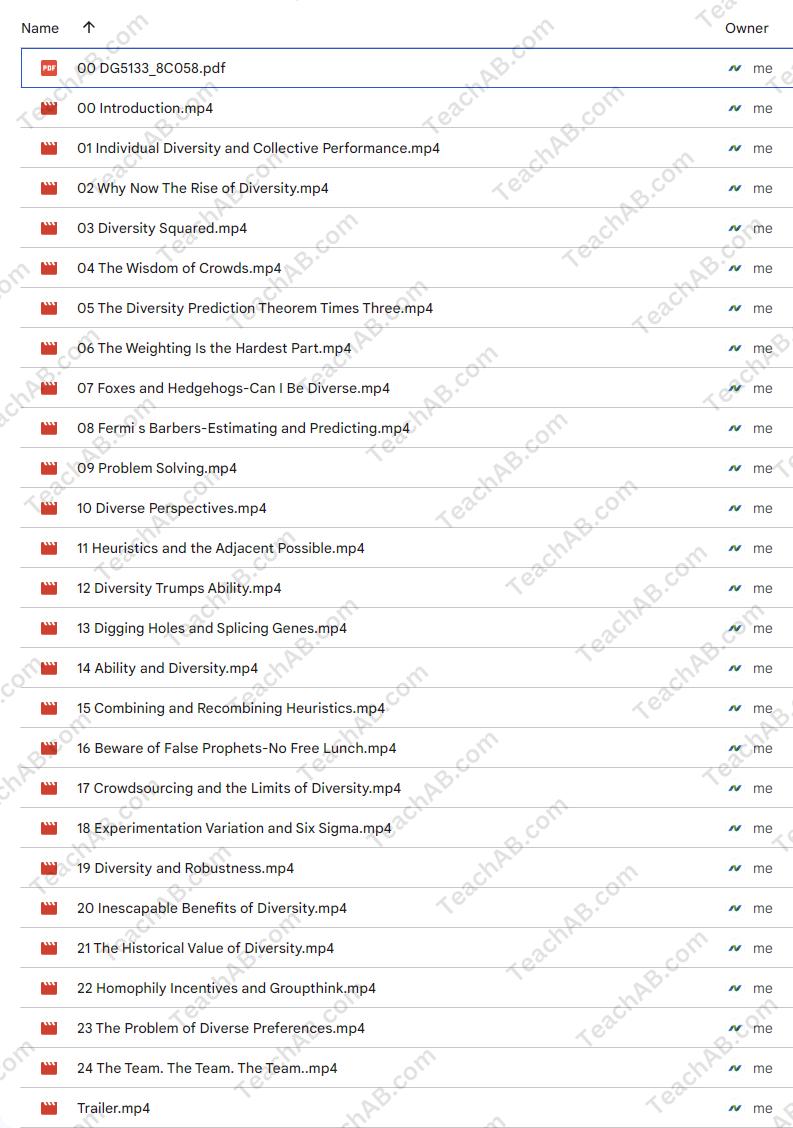
The Hidden Factor: Why Thinking Differently Is Your Greatest Asset By Scott Page
Overview
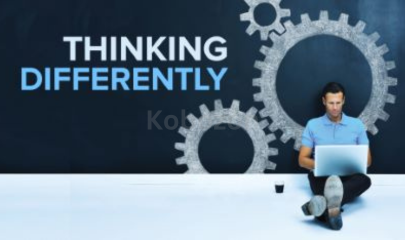
The Hidden Factor: Why Thinking Differently Is Your Greatest Asset
In an era saturated with information and complexity, the ability to think differently isn’t just a desirable trait; it is an essential asset. Scott E. Page, in his compelling work, The Hidden Factor: Why Thinking Differently Is Your Greatest Asset, dives deep into the necessity of cognitive diversity in enhancing problem-solving and innovation. Through a blend of expert analysis, empirical evidence, and engaging anecdotes, Page crafts a narrative that highlights how varied perspectives within a group can significantly elevate performance transforming the ordinary into the extraordinary. His insights emphasize a revolutionary notion: that collective intelligence flourishes when individuals bring unique experiences and viewpoints to the discussion, particularly in a world that increasingly requires collaborative solutions to intricate challenges.
Understanding Cognitive Diversity
Cognitive diversity is the foundation of Page’s argument. He posits that a group made up of individuals with varied cognitive frameworks shaped by different cultures, experiences, and problem-solving approaches will outperform homogenous groups, regardless of the talent within them. This assertion is supported not only by mathematical models but also by a wealth of empirical data.
Case Studies and Real-World Examples
Consider the Netflix Prize competition: this case serves as a striking illustration of the “diversity bonus.” Teams composed of diverse thinkers were able to innovate and adapt in ways that more homogeneous teams could not. They leveraged their unique approaches to tackle complex problems, ultimately leading to superior results.
Examples of Cognitive Diversity in Action:
- Netflix Prize Competition: Diverse teams exceeded performance metrics, showcasing how varied thinking leads to breakthrough solutions.
- NASA’s Apollo Program: The multidisciplinary teams brought together engineers, mathematicians, and scientists, exemplifying how diverse expertise leads to successful problem-solving.
These examples serve not only as proof of Page’s theories but also as a testament to the tangible benefits of fostering an environment where different ways of thinking are celebrated and sought after.
The Role of Heuristics
In his exploration, Page also discusses heuristics mental shortcuts that influence how we make decisions. These cognitive tools are effective, but can also lead to biases. By understanding how heuristics work within groups of diverse thinkers, leaders can facilitate better decision-making processes. This aspect of cognitive diversity embodies the crux of Page’s message: that acknowledging and integrating varied thought processes ultimately leads to superior collective outcomes.
The Mathematical Framework Behind Diversity
Page employs mathematical frameworks to elucidate the empirical victories of cognitive diversity. For instance, he introduces the idea of “wisdom of crowds,” which illustrates that aggregated insights from diverse inputs can surpass those of a few experts.
The Wisdom of Crowds
- Group Decision-Making: When leveraged properly, groups can make more accurate predictions than individuals.
- Error Reduction: Diverse groups can help counteract individual biases, leading to remarkable improvements in decision accuracy.
This mathematical underpinning not only enriches Page’s argument but also serves as a calling for organizations to embrace cognitive diversity as a strategic advantage.
The Practical Necessity of Diversity
While some may view diversity as merely an ethical consideration, Page emphasizes its practical necessity in today’s interwoven world. Innovative problem-solving in various fields ranging from technology to public policy requires diverse perspectives to create solutions that are not only effective but also sustainable.
Benefits of Embracing Diversity
- Enhanced Creativity: Different perspectives lead to innovative ideas and creative solutions.
- Improved Performance: Diverse teams consistently outperform those lacking cognitive variety, particularly in complex problem-solving scenarios.
- Broader Appeal: Organizations that prioritize diversity can connect with broader audiences, yielding better market performance.
This practical approach to diversity challenges readers to reevaluate their preconceived notions of teamwork and to embrace the richness that cognitive diversity brings.
Embracing Diverse Thought Processes
To truly harness the advantages of cognitive diversity, leaders and organizations must cultivate an environment that encourages varied viewpoints. This includes:
- Promoting Open Dialogue: Foster discussions where all team members feel valued and heard.
- Encouraging Collaboration: Build diverse teams across various departments to tackle problems collaboratively.
- Recognizing Differences: Embrace individual differences and highlight their contributions to the team’s success.
These strategies serve as essential components for organizations aiming to innovate and thrive in today’s complex landscape.
Challenges in Understanding Diversity
Despite the substantial evidence Page provides, some readers may find the mathematical theories and concepts challenging. The intricate nature of cognitive science can sometimes overshadow the compelling case for diversity that Page presents.
The Importance of Visual Materials
Many readers may benefit from engaging with supplementary visual materials that simplify complex concepts. Graphs, charts, and interactive examples can bridge the gap between theoretical understanding and practical application. Page’s articulate narrative coupled with visual aids can enhance comprehension, ultimately making the argument for cognitive diversity more accessible.
Overcoming Resistance to Change
Ultimately, organizations must confront the resistance that can arise when implementing diversity initiatives. Emphasizing the tangible benefits and providing clear examples and case studies can help ease this transition.
Conclusion: A Call to Action
In summary, Scott E. Page’s The Hidden Factor provides a profound examination of how thinking differently is indeed our greatest asset in a world that demands innovation and adaptability. By embracing cognitive diversity, organizations and individuals not only unlock greater potential for success but also pave the way for a more inclusive and effective approach to tackling the challenges of our time. As we navigate the complexities of an interconnected world, the call to prioritize diverse thought processes resonates louder than ever, compelling us to act and embrace the richness that diversity brings to the table. This isn’t just about striving for equality; it’s about maximizing potential an imperative for anyone looking to thrive in today’s ever-evolving landscape.
Frequently Asked Questions:
Innovation in Business Models: We use a group purchase approach that enables users to split expenses and get discounted access to well-liked courses. Despite worries regarding distribution strategies from content creators, this strategy helps people with low incomes.
Legal Aspects to Take into Account: Our operations’ legality entails several intricate considerations. There are no explicit resale restrictions mentioned at the time of purchase, even though we do not have the course developers’ express consent to redistribute their content. This uncertainty gives us the chance to offer reasonably priced instructional materials.
Quality Control: We make certain that every course resource we buy is the exact same as what the authors themselves provide. It’s crucial to realize, nevertheless, that we are not authorized suppliers. Therefore, the following are not included in our offerings: – Live coaching sessions or calls with the course author.
– Entry to groups or portals that are only available to authors.
– Participation in closed forums.
– Straightforward email assistance from the writer or their group.
Our goal is to lower the barrier to education by providing these courses on our own, without the official channels’ premium services. We value your comprehension of our distinct methodology.
Be the first to review “The Hidden Factor: Why Thinking Differently Is Your Greatest Asset By Scott Page” Cancel reply
You must be logged in to post a review.

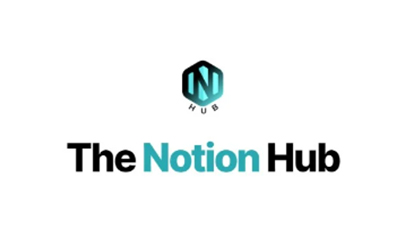 Notion Hub - 21 Creators Ft Pascio - 100+ Templates - 15 eBooks - The Giga Brain
Notion Hub - 21 Creators Ft Pascio - 100+ Templates - 15 eBooks - The Giga Brain 

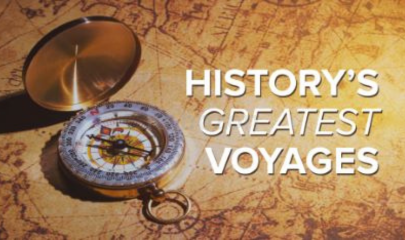

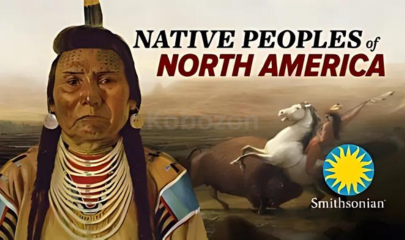












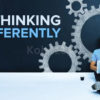
Reviews
There are no reviews yet.